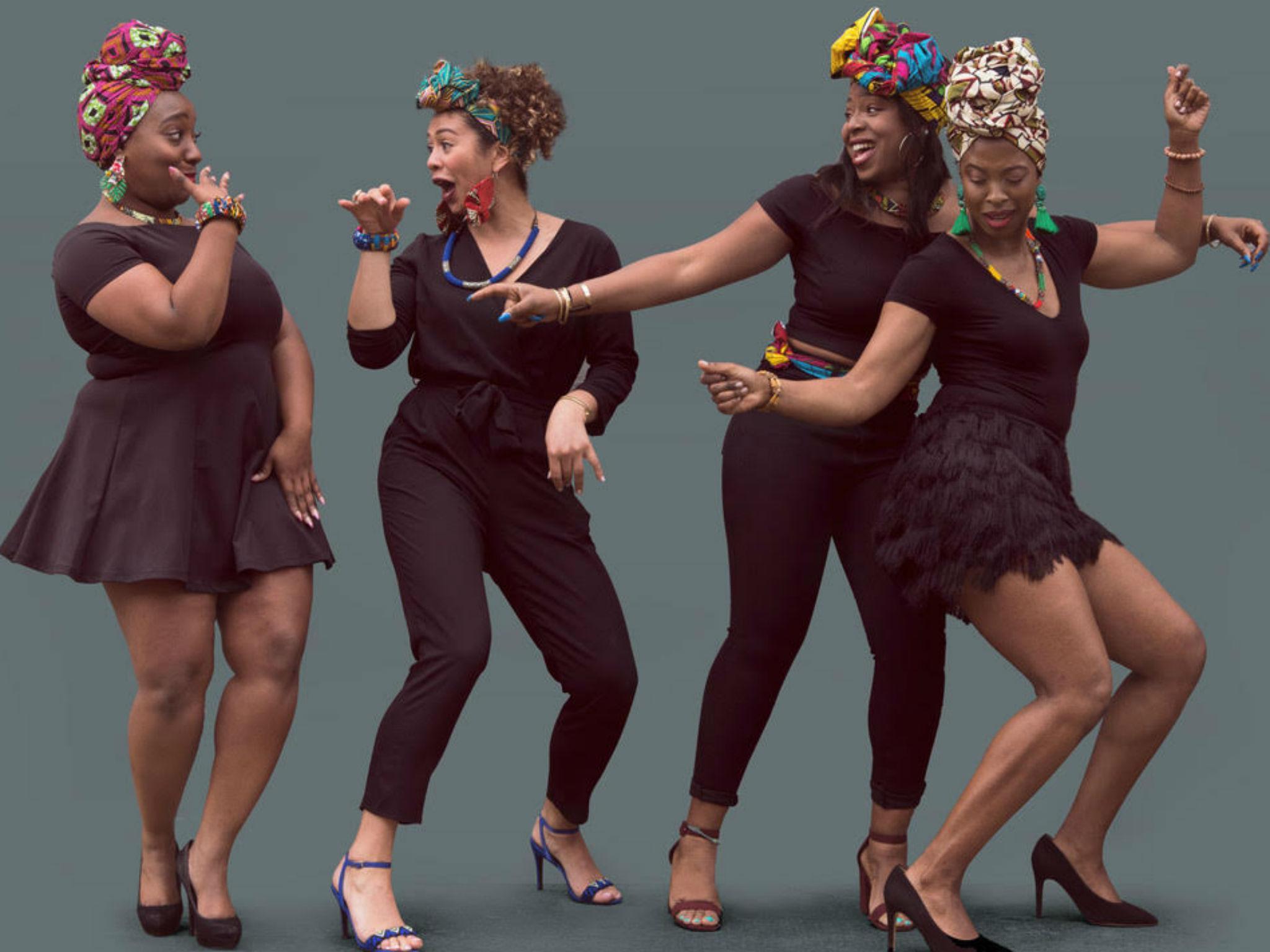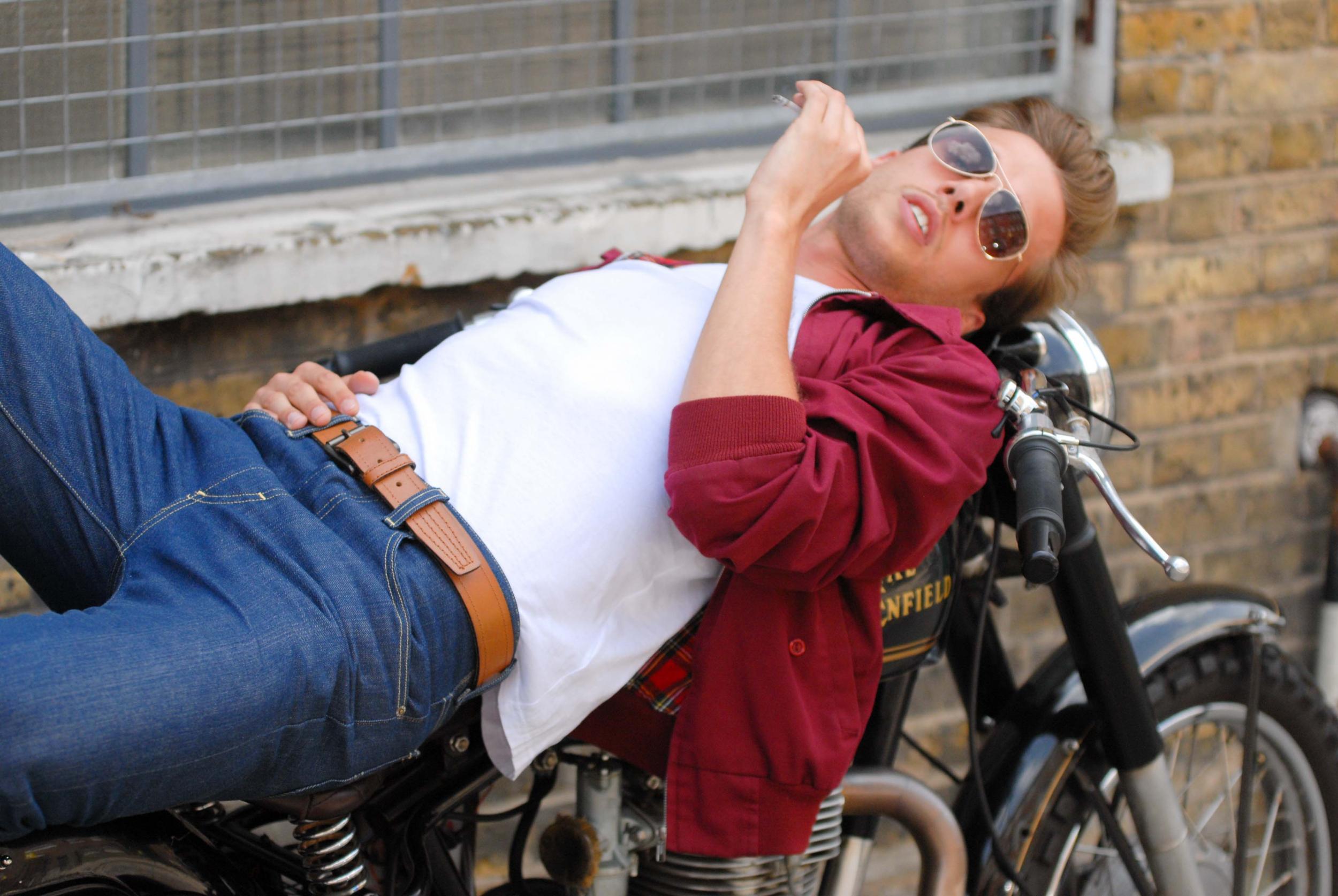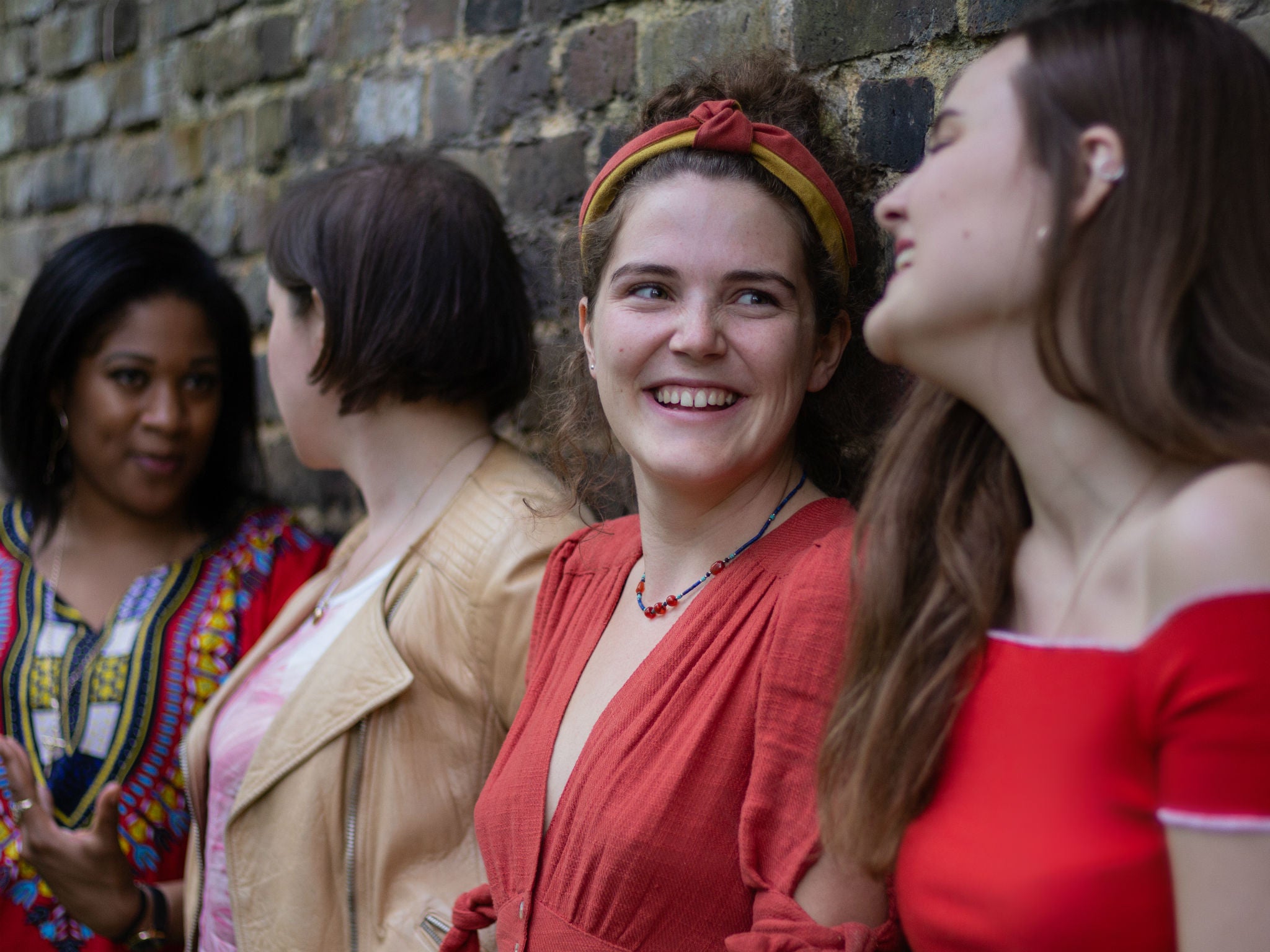Edinburgh Fringe 2018: The #MeToo themed shows tackling sexual abuse at this year's festival
There are 29 #MeToo themed shows at the Edinburgh Fringe this year. Emily Jupp looks at the producers, directors and actors shining a light on sexual abuse and abuse of power in the theatre industry

Surprisingly, there are as many as 29 shows which have #MeToo as a stated theme at the Fringe this year. Or maybe that’s not so surprising. Since the flood of allegations against Harvey Weinstein in October 2017, the creative industries – including the theatre – have been speaking out about sexual abuse.
Theatre professionals can be particularly nimble in turning their personal stories into shows that hold a mirror up to corruption and power dynamics in an industry where the lines between the private and professional are all too often blurred.
We may be witnessing a flood of new #MeToo stories, but the accounts themselves are often depressingly familiar. Caroline Bryant has been working with survivors of domestic abuse with her company Futures Theatre for the last 26 years.
She is astonished that people were shocked by the Weinstein revelations, because she has been hearing stories of abuse and inequality for the last quarter century.
“When I was a young actress, it was so expected,” she says, “I had stuff happen that was clearly abuse. I knew it was wrong, but they were compromises you had to make. Having lived experience of that enormous inequality made me feel I needed to do something about it.”
Bryant directs the show Never Vera Blue, about a woman who suffers abuse and how it erodes her identity. The play is the result of writer Alexandra Wood talking with women who have experienced violence. She says what #MeToo has done for her work is to “highlight the broad range of ways women aren’t able to flourish over every area.”
Just as the MeToo hashtag has enabled women and men to share their different stories as one united front, the tales of abuse, harassment and rape being shared at the Fringe under the same banner are diverse.
“Speaking out is not a one-size-fits-all approach, and that’s where the flexibility of #MeToo is frankly brilliant,” says Alissa Cooper, who addresses being a mixed-race survivor of rape in her one-woman show Love Songs. It rejects the widespread portrayal of female sufferers of rape as ‘victims’, but also takes on the stereotypes of Chinese female characters being hypersexualised.
“The more women speak up the more women can recognise rape and sexual assault as a common experience,” Cooper adds.
Jessica L Hagan, the playwright of Queens of Sheba, stresses the importance of intersectionality in her show about black women dealing with misogynoir (misogyny where race and gender influence bias).
“#MeToo is a phenomenal movement,” she says, pointing out that the term “Me Too” was coined by a black woman, Tarana Burke. “But black women are used to their feelings not being accommodated or taken seriously, so it’s less likely they will come out as ‘MeToo’.
“It was interesting when Lupita Nyong’o spoke out. Her experiences were considered not as valid as the white women who spoke out,” says Hagan, referring to how Harvey Weinstein broke his silence over the floods of #MeToo accusations to discredit Nyong’o when she spoke about her experience of his predatory behaviour, with a public statement claiming he had a “different recollection of the events”. “It shows how black women, especially a dark African woman like Lupita, are not considered as desirable in Hollywood.”
But with so many shows claiming to address the subject, is the hashtag at risk of becoming merely a marketing ploy? Several of the artists make the point that branding a piece with the #MeToo hashtag helps draw in audiences and because of this, a couple of shows with only passing references to sexual exploitation and power dynamics are adopting the hashtag at the Fringe.
Cooper was initially reticent to say that her show involved #MeToo themes. “It felt like a very empty statement to make. For example, I knew women who used #MeToo to talk about patriarchal microaggressions such as being called a ‘bitch’, or inappropriate Tinder-talk.”

“I’m effectively using #MeToo to sell a show. The irony is not lost on me,” says Cooper, who has spent the last two years developing her one-woman work. “However, it is my hope that once I have got bums on seats by using this key phrase, the show will then challenge its audience about what they are actually doing to create change. Therefore, the hashtag isn’t being used in an ‘empty’ way.”
The tacit suggestion among the performers is that if you put on a show with a #MeToo theme, you should be helping the audience – and wider society – find solutions. It should be more than a token way to sell a show.
Peter Darney directs James Dean Is Dead! (Long Live James Dean) about how the Fifties film icon was sexually exploited by the people around him. The piece isn’t advertised as MeToo-themed, although it contains a story that’s relevant to what #MeToo represents. There’s a line in James Dean: “Your dick is like a passkey, it opens doors everywhere,” that has eerie modern resonance in the light of the Kevin Spacey allegations
“When we graduated in 2001, we were warned about Kevin Spacey,” says Darney. “It was common knowledge through the whole industry and no-one was really questioning whether it was okay, it was just how it was.”
James Dean examines how Dean was simultaneously a huge teen icon and a plaything tossed around by producers and directors.
“I saw relevance in his experience reflected in my own. It’s a common narrative,” says Darney, who, like Bryant, experienced abuse of power as a young actor. “I think about my first theatre job, there was someone in the theatre who gave me drugs and had sex with me and I wasn’t really able to give genuine consent. I didn’t feel I could report that and I didn’t feel I could say no. But you rebrand it as ‘I’m in control, I’m living life to the full’. You make it feel like your choice but then you look back on it... I wasn’t even out of the closet then and he gave me drugs to make me have sex with him.”
“I don’t want to take away from #MeToo at all,” says Darney. “But could some offshoot be a conversation around you as a young gay actor confused about your sexuality, confused about your job, terrified you aren’t going to make it and how it’s easy for people to pick on that and exploit that.”
Since #MeToo, leaders in the theatre world, including the Royal Court’s artistic director Vicky Featherstone, have taken active measures to combat sexual assault. In 2017, after the Weinstein story broke, Featherstone brought together 150 testimonies of sexual abuse and published an industry code of behaviour to prevent sexual harassment and abuses of power in theatre. It begins with: “You must take responsibility for the power you have. Do not use it abusively over others more vulnerable than you.”
“Vicky Featherstone’s’ choice to be proactive about publishing guidelines is helpful,” says Polly Creed, co-founder of Power Play theatre, a collective which aims to be the guerilla girls of fringe theatre. “[The code of behaviour] shows how as individuals we can rebel in small ways; conversation, dialogue, challenging things like how and where after-work drinks are held. Small practical steps go a long way.” Creed also set up a petition to strip Harvey Weinstein of his CBE.
Power Play is bringing four 15-minute site-specific shows to the Fringe. The Empty Chair is set at an LA awards after-party where four actors realise they have had negative experiences with the same man. It transpires that these narratives aren’t about Harvey Weinstein, but are all based on interviews Creed did with students in London.

Creed is also a survivor of sexual assault. “I had so many conversations and sat at so many tables where I realised everyone had had a similar experience,” she says. “But no-one really equips you for saying you’ve been raped and also as an audience member no-one prepares you or tells you how to react. We also strive to protect each other when we are telling these stories, we use self-monitoring and censoring, so the play is about these issues.”
Has the hashtag helped or hindered the battle against sexual assault in the theatre?
Creed says: “When #MeToo happened I suddenly felt not alone. Men are saying sorry and they are scared. That has to be a good thing. How the arts operate in terms of bullying, motherhood and expectations still need to shift, but I feel really positive.”
One concern for those putting their personal stories of rape and abuse at the centre of their show’s narrative is that they might become defined by that one experience. This is what some of these shows are trying to combat – to show that rape and sexual assault don’t have to define you, and that no two experiences or responses to those experiences are identical.
Finnish-Egyptian theatre-maker Samira Elagoz’s show Cock, Cock... Who’s There? combines videos of conversations with men with live performance.
“I think it’s funny, I often hear this term ‘unconventional way of dealing with trauma’ – but there is no conventional way of dealing with rape. So I wanted to give an honest account.“ Elagoz used ChatRoulette and Tinder to meet and talk to men after she was raped and these recorded exchanges form part of her show.
What these different tales all have in common is that those involved have used their difficult personal experiences to enact positive change.
“If that is the thing that defines me, then so what?” says Creed, defiantly. “If it became my life’s work to make the world better for other people, that would be great.”
The Edinburgh Fringe runs 3-27 August https://www.edfringe.com/
Join our commenting forum
Join thought-provoking conversations, follow other Independent readers and see their replies
Comments
Bookmark popover
Removed from bookmarks